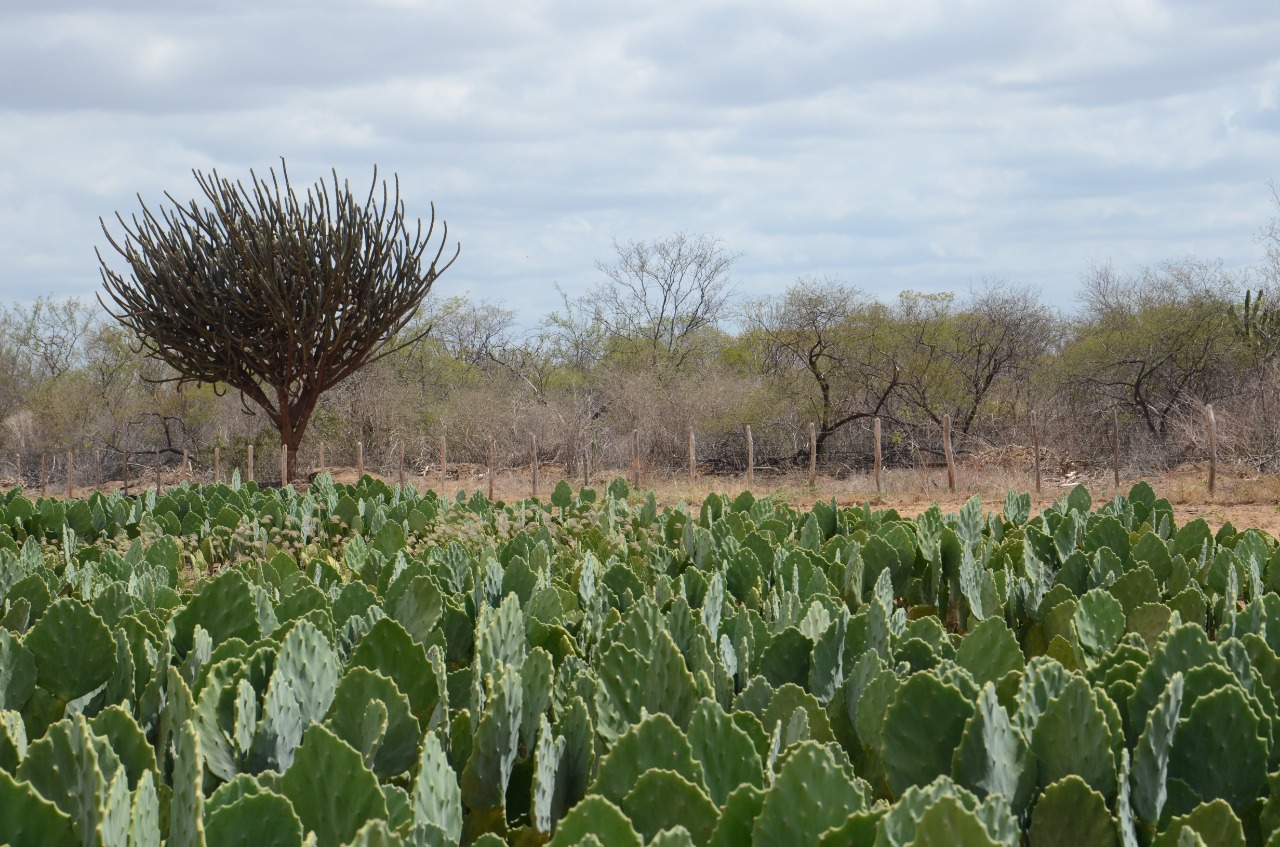Embrapa and Arab Emirates' ICBA define partnership in biosaline agriculture projects
Embrapa and Arab Emirates' ICBA define partnership in biosaline agriculture projects
Embrapa and the UAE’s International Center for Biosaline Agriculture (ICBA) will work together to develop and disseminate technologies related to the use of salt-rich waters. The partnership between the two institutions also institutes cooperation for the exchange of genetic resources; forage plant production; and soil management techniques to mitigate the effects of salinity.
Embrapa Semi-arid Region, which has already been conducting studies in Biosaline Agriculture, will lead the partnership with Embrapa Environment's participation. The associated knowledge generated by Brazilian research in the past few years was performed as part of the federal government’s Programa Água Doce (the Fresh Water Program), which has desalinators installed in rural communities to produce water for human consumption. The program has already covered 1,200 communities - there are currently 743 desalination systems in operation. The integrated production system developed by Embrapa is adopted in the communities to use the effluent from desalinators in forage production, reducing the environmental impacts and contributing to income generation.
In January this year, a Brazilian delegation that included president Celso Moretti and Embrapa researchers visited ICBA projects aimed at improving productivity and sustainability in marginal and saline areas. The expectation is to adapt the technology to the reality of the Caatinga biome.
For Diana Signor Deon, Embrapa Semi-arid Region researcher and chairman of the research portfolio "Coping with Droughts in the Semiarid", the partnership with the reference institution in the United Arab Emirates will strengthen knowledge exchange: “ICBA is interested in forage species used in Brazil’s semiarid areas like the spiny turbot, and in learning more about the production system developed by Embrapa, in order to adapt it to the UAE,” she explains.
In addition to the partnership in biosaline agriculture, negotiations involve fundraising opportunities, the sale of technologies and services, technical cooperation, and support to Brazilian enterprises overseas.
Kátia Marsicano (MTb DF 3645)
Secretariat of Intelligence and Strategic Relations
Press inquiries
imprensa@embrapa.br
Phone number: +55 61 3448 1861
Further information on the topic
Citizen Attention Service (SAC)
www.embrapa.br/contact-us/sac/

